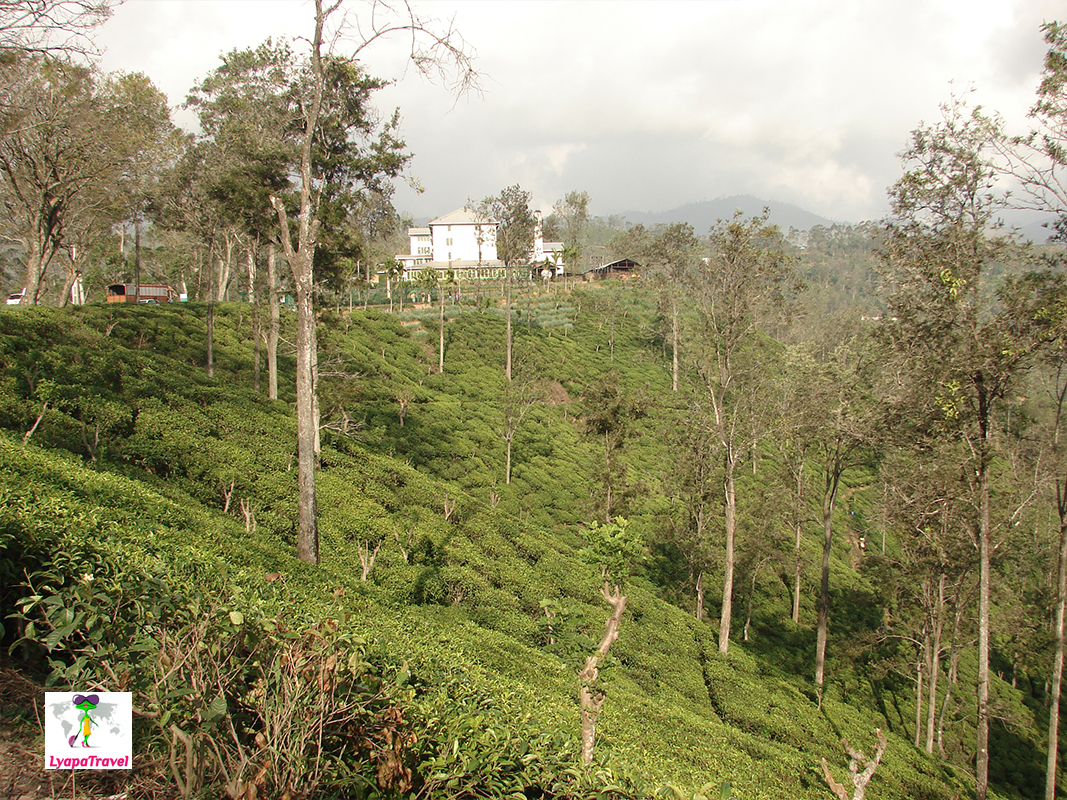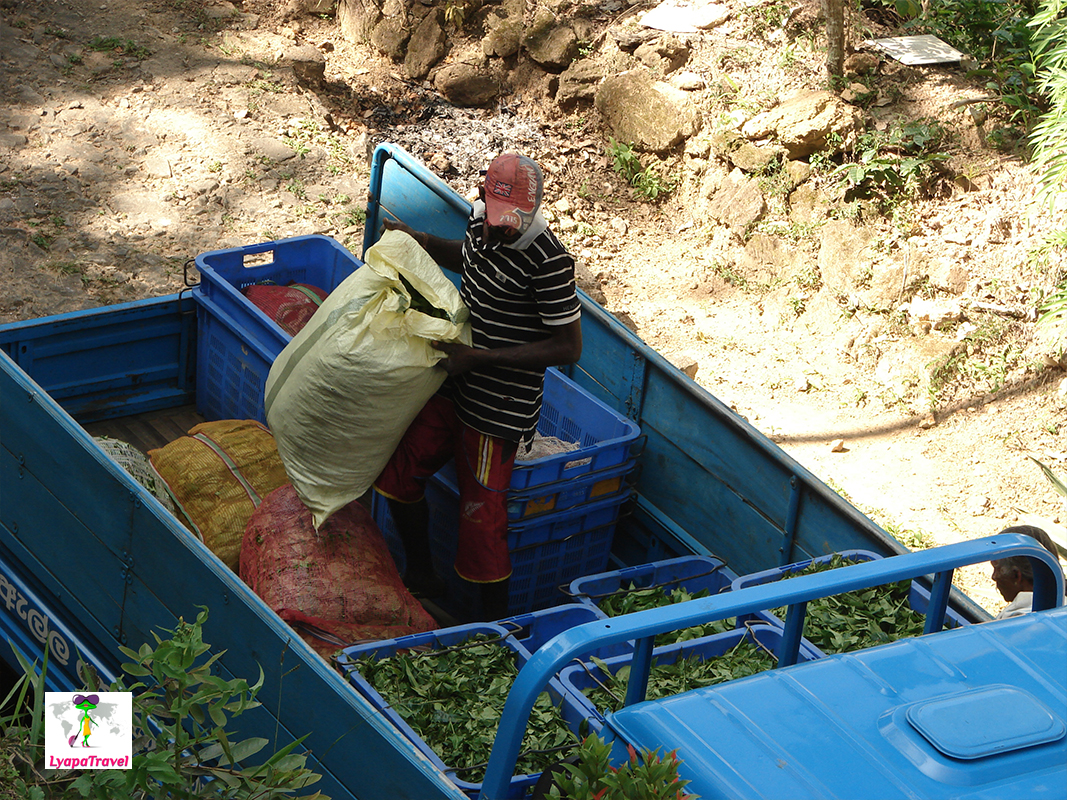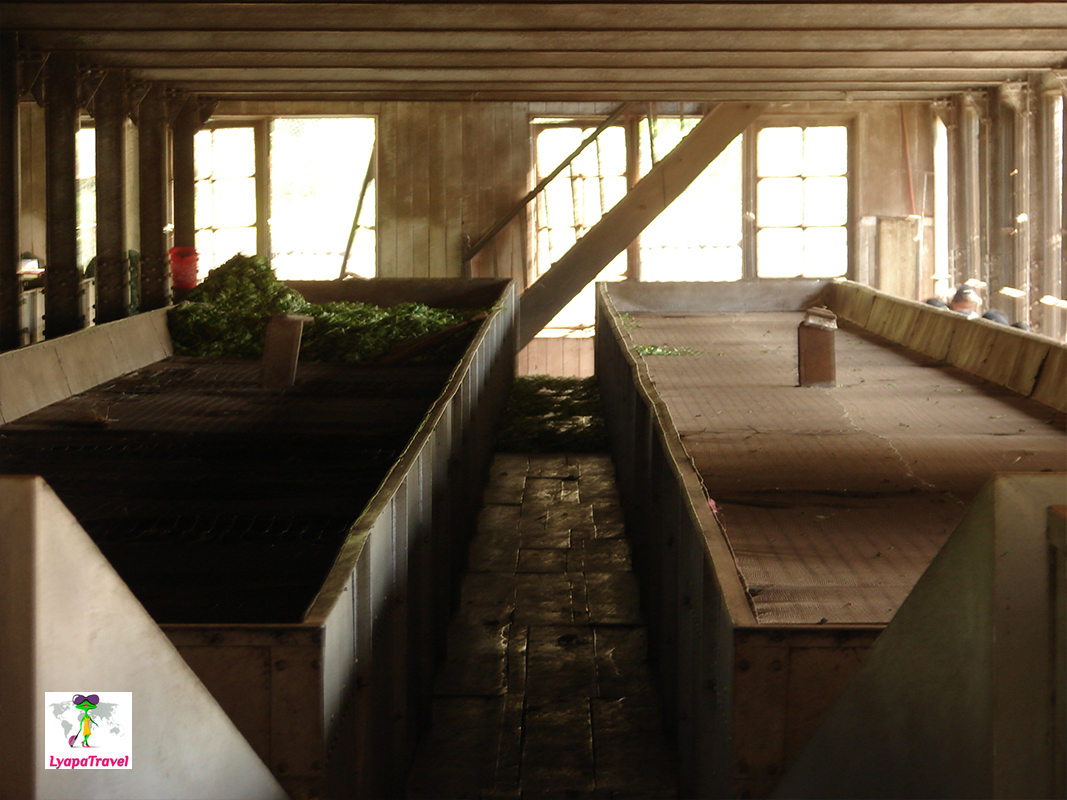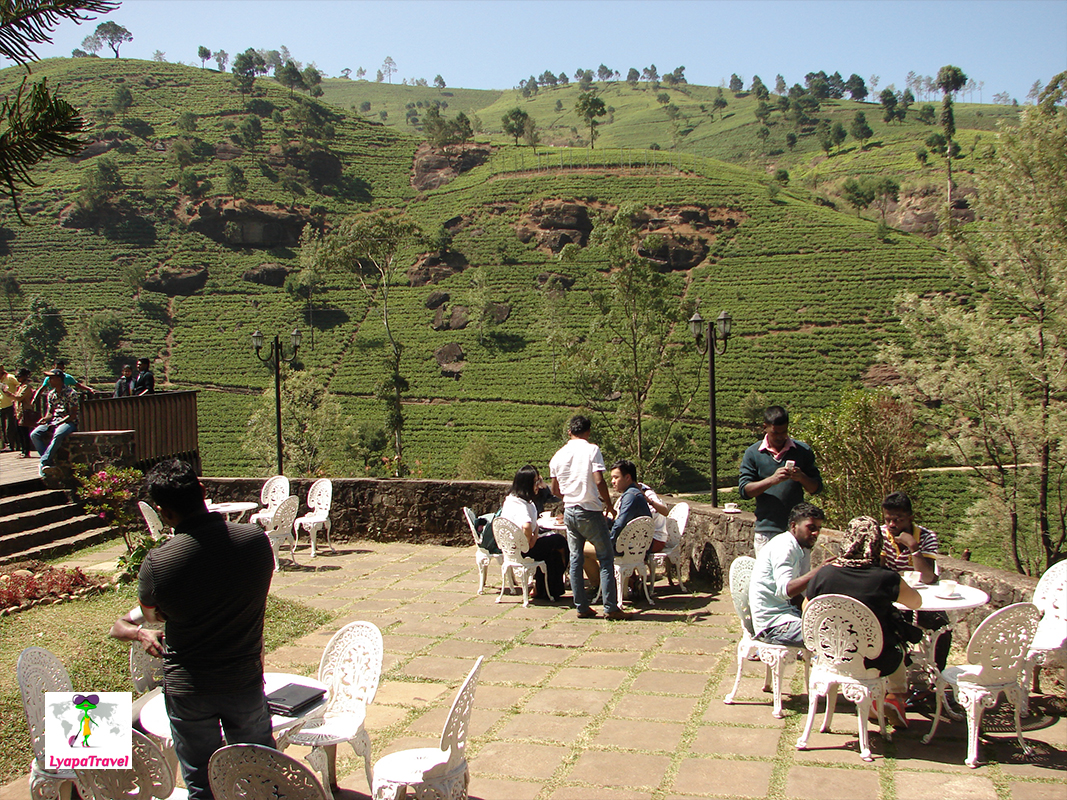In our progressive and technologically advanced countries it is customary to drink tea and coffee during business conversations. It is over tea that important decisions are made and contracts are signed. This gives the impression that the technology of tea production is high technology) However, it is not so! We visited a number of tea factories in Nuwara Eliya. At the train station we took a cab and he drove us around the three largest factories. That was enough for us, we didn't want to go any further.
All over Sri Lanka, instead of grass grows tea! This is due to the fact that each "farmer" uses a piece of his land to grow tea trees. Then the harvested leaves are taken to factories, which buy them back.
The main MYTH is that tea is cheaper in Sri Lanka... The choice is more - yes!!, the quality of large types of tea is better - yes!!, but cheaper) If you're not a wholesaler and don't know where to take, then you'll just take a good tasty tea at the market price, which corresponds to the native countries. It is best to take tea exactly on the waterfront in Sri Lanka in specialized stores of course!
How to choose and where to buy tea? You should buy in two stages: you came to smell, buy 50 grams, went home, steamed and evaluated the taste. Only after that came and bought 1 kg) From the same open container from which you took 50 grams. It's not worth trying to buy sealed tea, which you can't look and smell. Although, practice has shown, and fully sealed tea in Sri Lanka is gorgeous! Do not buy tea from factory stores - they are overpriced. In the end, the price is even higher than any tea brought to us. The choice of tea - this is how they say "for taste and color. But in Sri Lanka it is very easy to find out what exactly you like! For us, for example, we like Orange pekoe and Pekoe, the most fragrant, medium strength black tea. We were not attracted by any herbal teas at enormous prices. Finer grind - a very strong taste FBOP (Flowery Broken Orange Pekoe), coarse leaf Super Pekoe may not be as rich in strength as we would like, but Pekoe is borderline like. All the words Broken Orange Pekoe Dust - it is in fact the dust from the conveyors) By the provinces of growth could not distinguish what I like - little time was given to this. And a lot depends on the region of tea growing!
Tea factories should be visited at least for the excursions to the "factory" with the production lines. The tour is free, in English or maybe even in Russian. We visited Macwood and Blue Field in 2017. Neither tea was particularly to our liking. The tea we liked best was the one we bought on the waterfront at another factory's specialty store. Tea tasting is also free, you can only buy dessert with tea for a fee)
You will be told in detail about the first leaf - tipisa, the next three leaves - pekoe, etc. They will tell you about the yield of bushes, the frequency of harvesting and, of course, the technology itself. In fact the main technological stage is fermentation of tea leaves - in other words, drying on racks where they are poured after careful sorting) But the careful sorting takes place exactly at the moment of collecting tea leaves from tea bushes! In short, green tea dries for a couple of days and black tea dries for a couple of weeks. In general, informative)





Add new comment